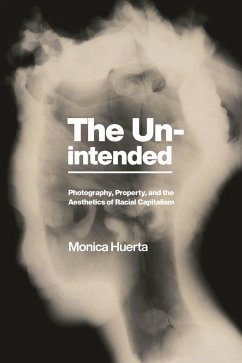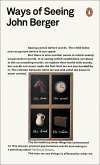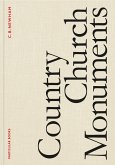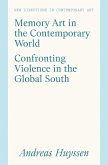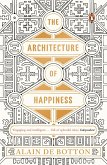Reimagines photography through the long history of ideas of expression
The end of the nineteenth century saw massive developments and innovations in photography at a time when the forces of Western modernity-industrialization, racialization, and capitalism-were quickly reshaping the world. The Unintended slows down the moment in which the technology of photography seemed to speed itself-and so the history of racial capitalism-up. It follows the substantial shifts in the markets, mediums, and forms of photography during a legally murky period at the end of the nineteenth century. Monica Huerta traces the subtle and paradoxical ways legal thinking through photographic lenses reinscribed a particular aesthetics of whiteness in the very conceptions of property ownership.
The book pulls together an archive that encompasses the histories of performance and portraiture alongside the legal, pursuing the logics by which property rights involving photographs are affirmed (or denied) in precedent-setting court cases and legal texts. Emphasizing the making of "expression" into property to focus our attention on the failures of control that cameras do not invent, but rather put new emphasis on, this book argues that designations of control's absence are central to the practice and idea of property-making.
The Unintended proposes that tracking and analyzing the sensed horizons of intention, control, autonomy, will, and volition offers another way into understanding how white supremacy functions. Ultimately, its unique historical reading practice offers a historically-specific vantage on the everyday workings of racial capitalism and the inheritances of white supremacy that structure so much of our lives.
The end of the nineteenth century saw massive developments and innovations in photography at a time when the forces of Western modernity-industrialization, racialization, and capitalism-were quickly reshaping the world. The Unintended slows down the moment in which the technology of photography seemed to speed itself-and so the history of racial capitalism-up. It follows the substantial shifts in the markets, mediums, and forms of photography during a legally murky period at the end of the nineteenth century. Monica Huerta traces the subtle and paradoxical ways legal thinking through photographic lenses reinscribed a particular aesthetics of whiteness in the very conceptions of property ownership.
The book pulls together an archive that encompasses the histories of performance and portraiture alongside the legal, pursuing the logics by which property rights involving photographs are affirmed (or denied) in precedent-setting court cases and legal texts. Emphasizing the making of "expression" into property to focus our attention on the failures of control that cameras do not invent, but rather put new emphasis on, this book argues that designations of control's absence are central to the practice and idea of property-making.
The Unintended proposes that tracking and analyzing the sensed horizons of intention, control, autonomy, will, and volition offers another way into understanding how white supremacy functions. Ultimately, its unique historical reading practice offers a historically-specific vantage on the everyday workings of racial capitalism and the inheritances of white supremacy that structure so much of our lives.
Dieser Download kann aus rechtlichen Gründen nur mit Rechnungsadresse in A, D ausgeliefert werden.

